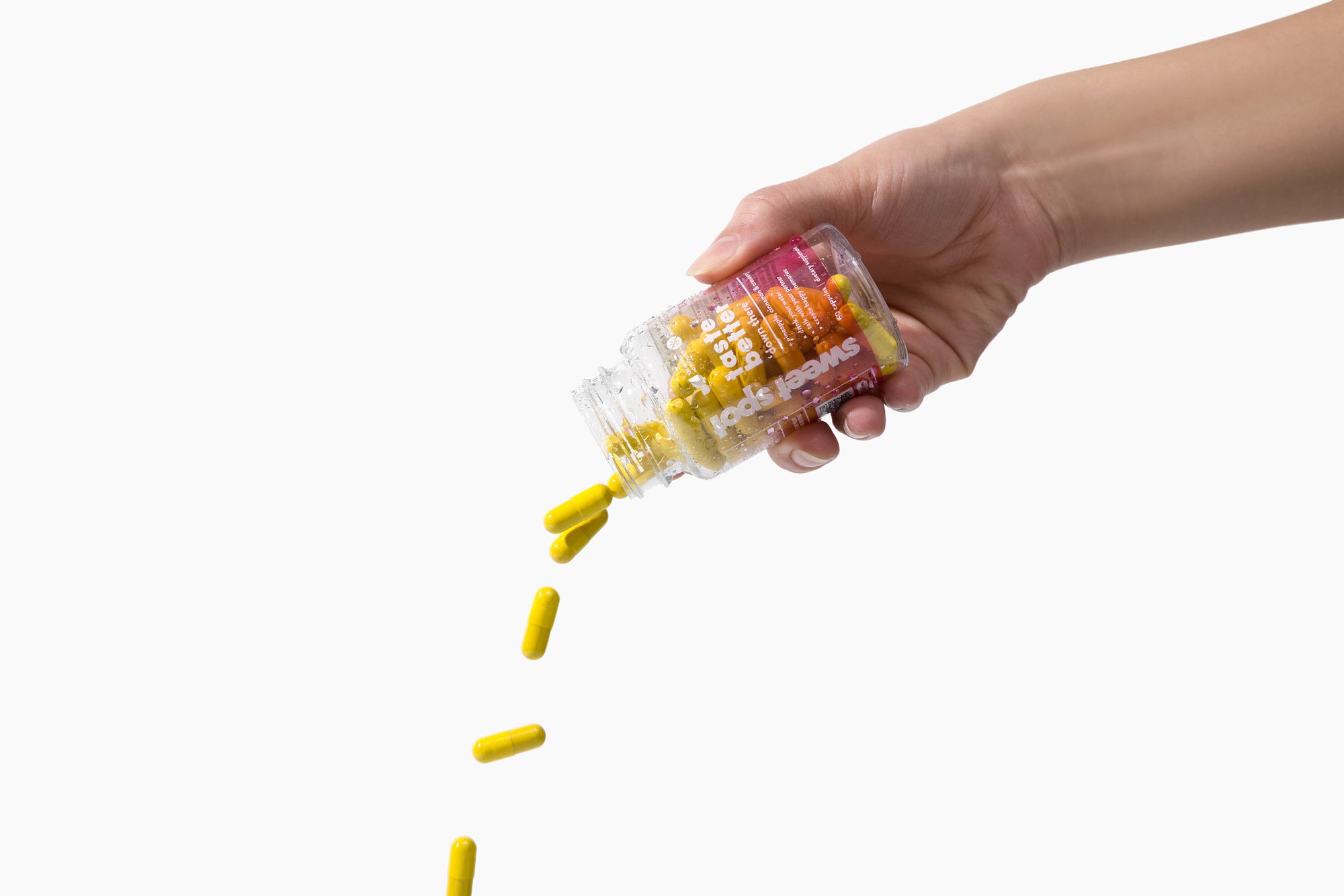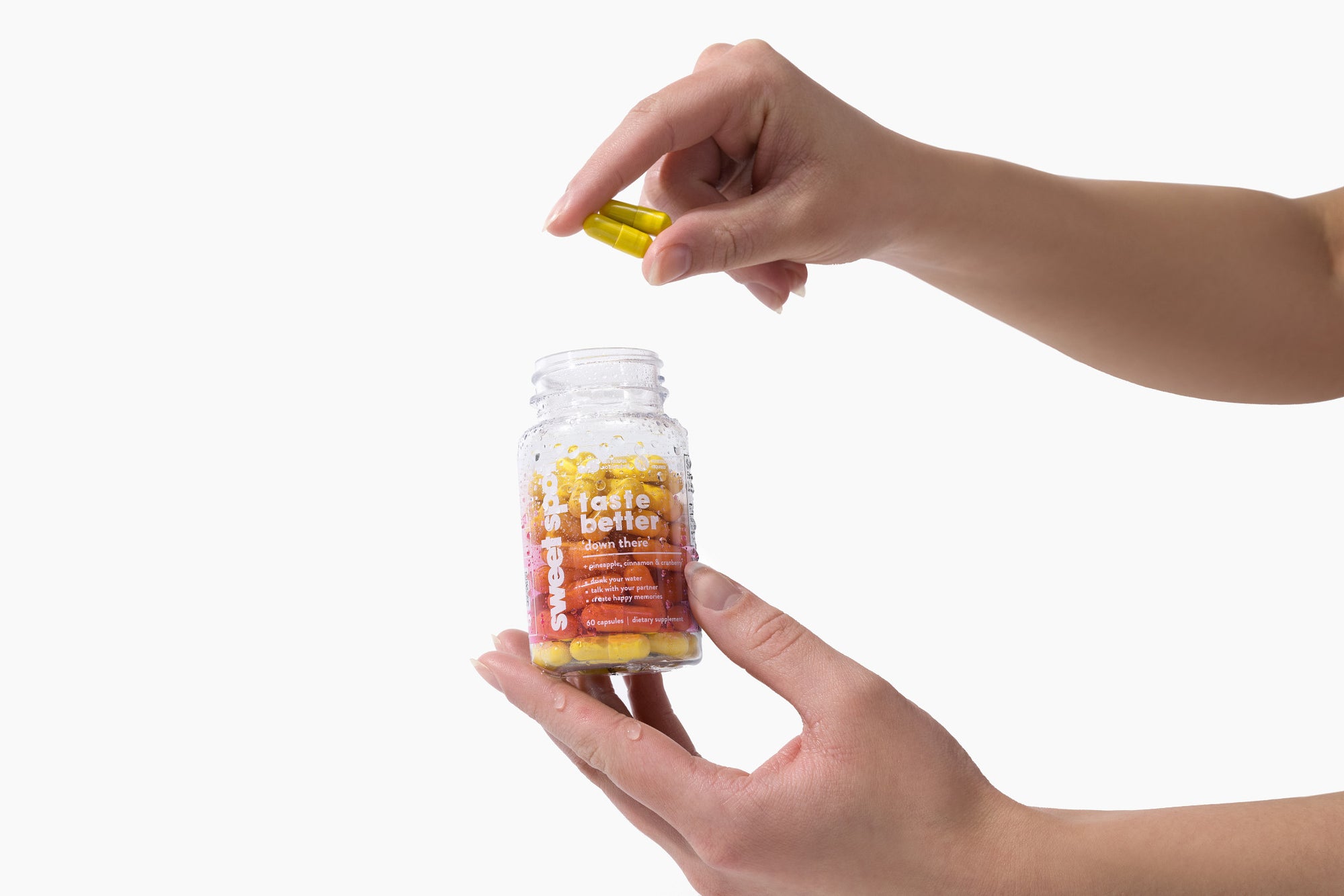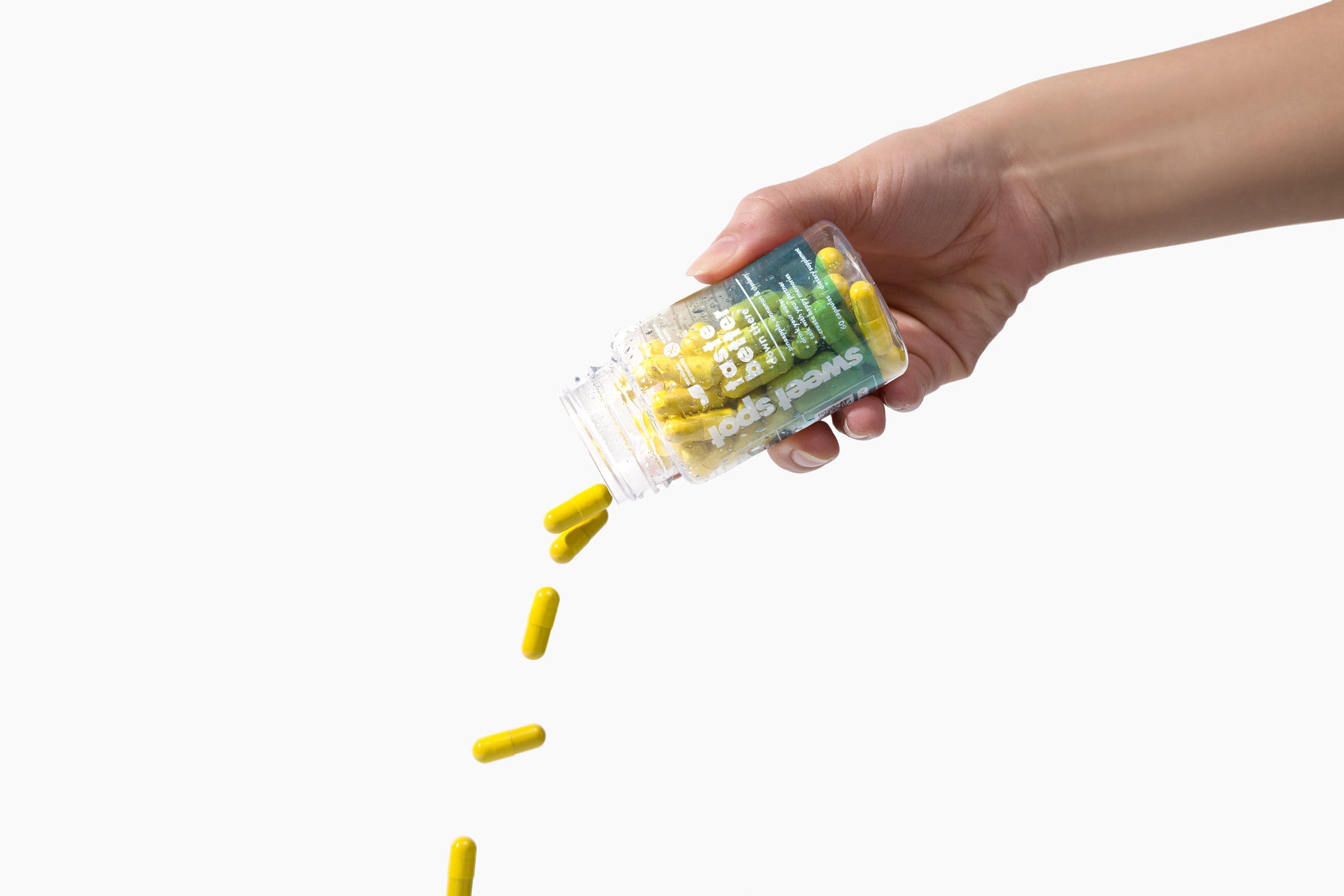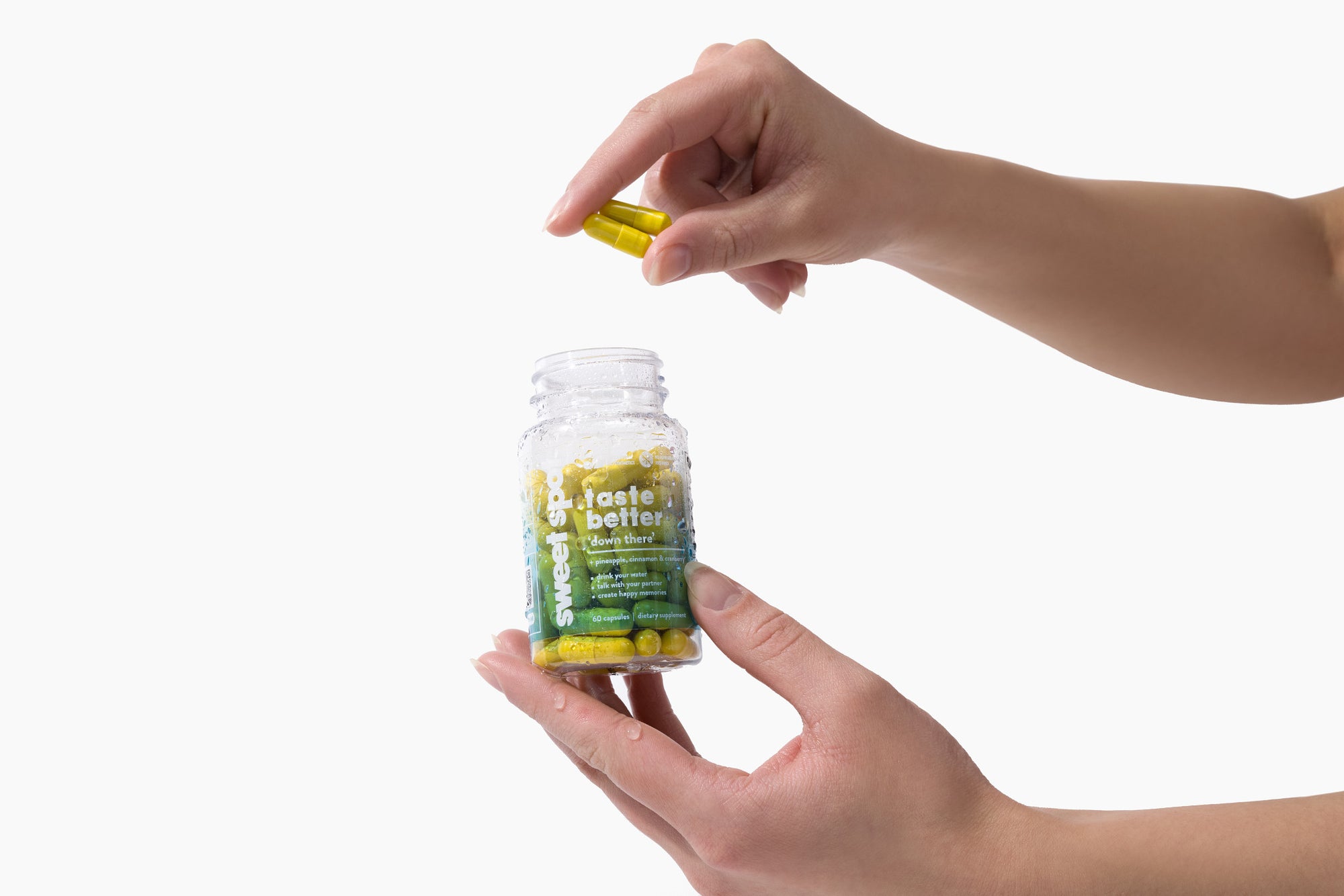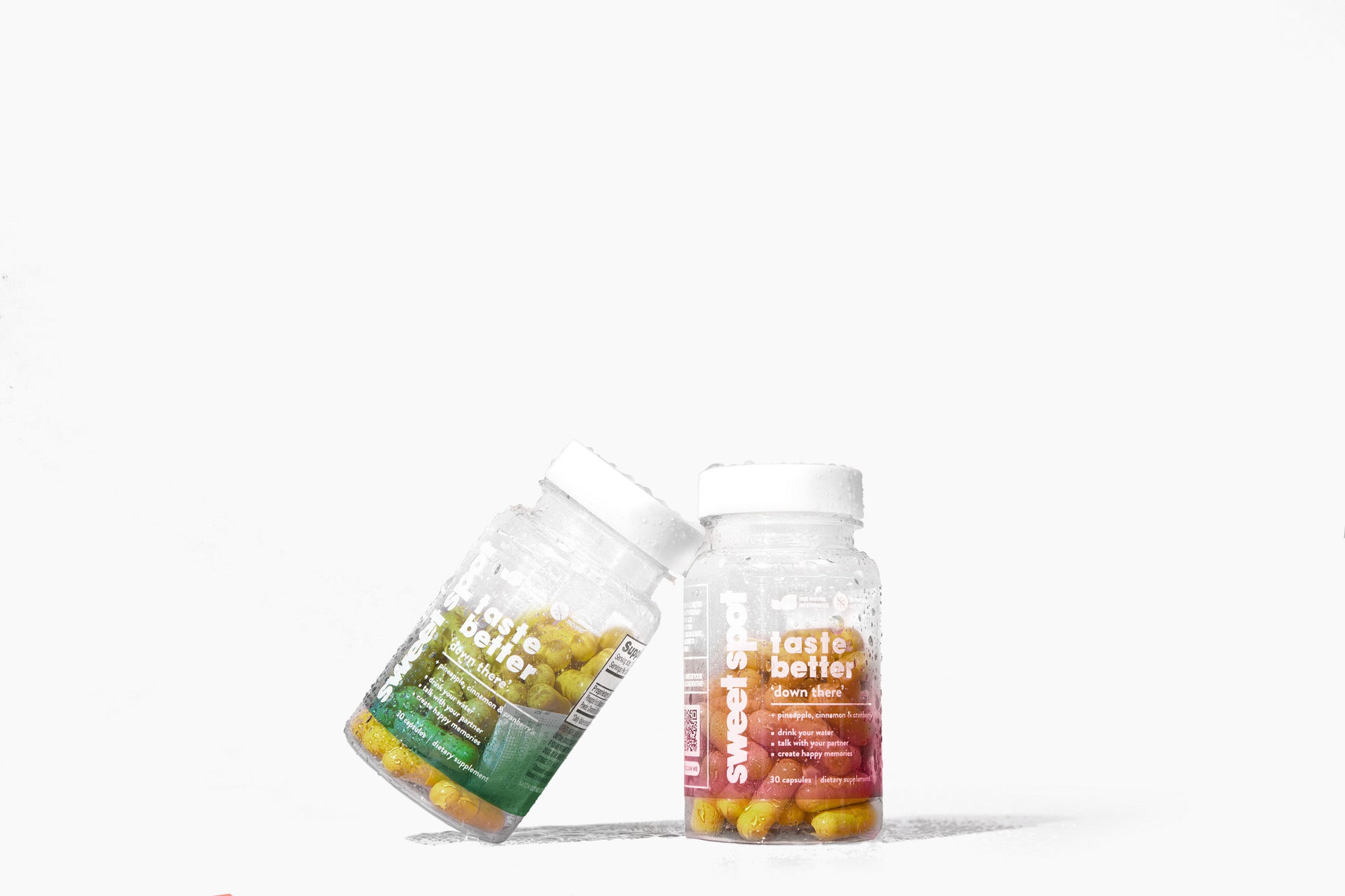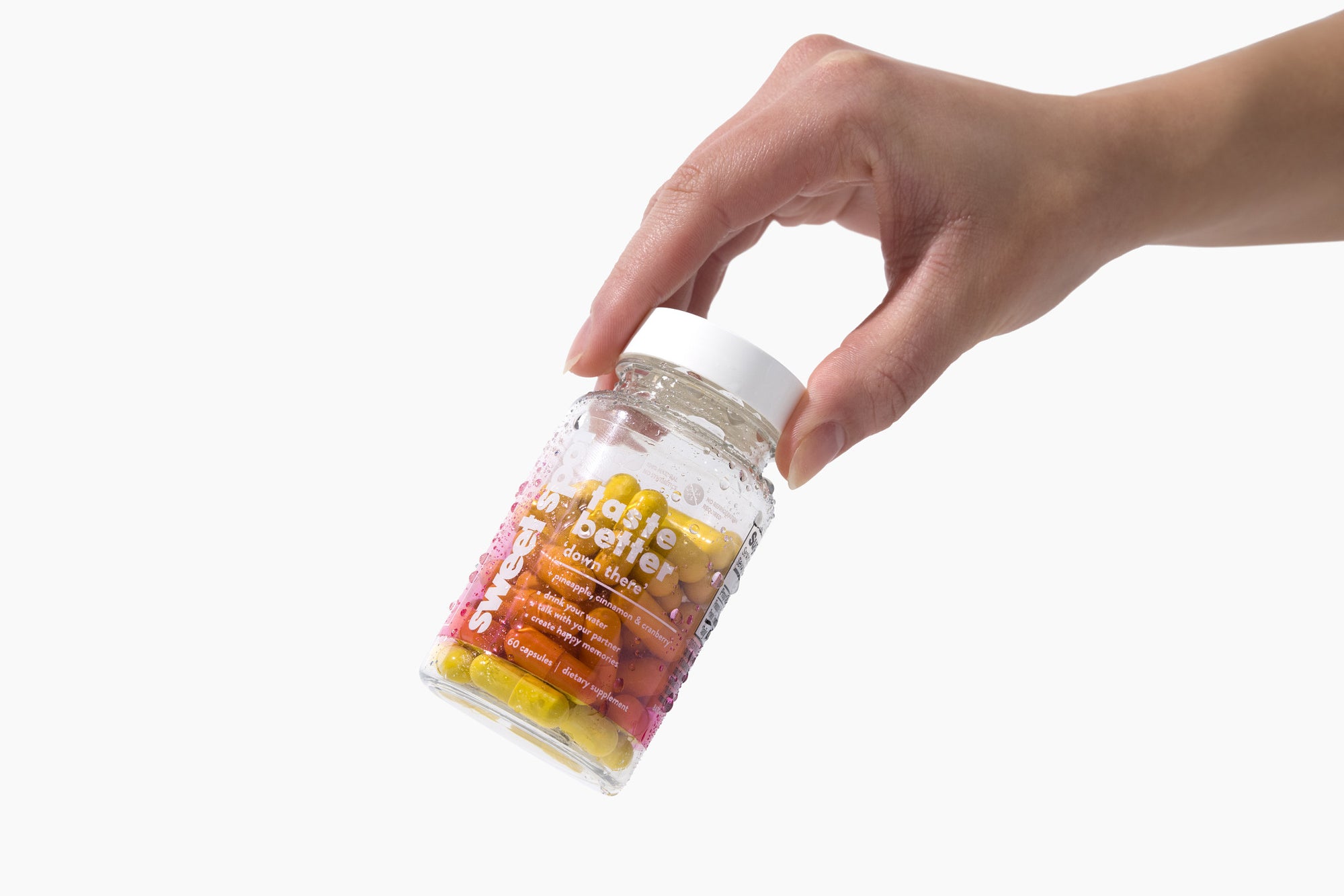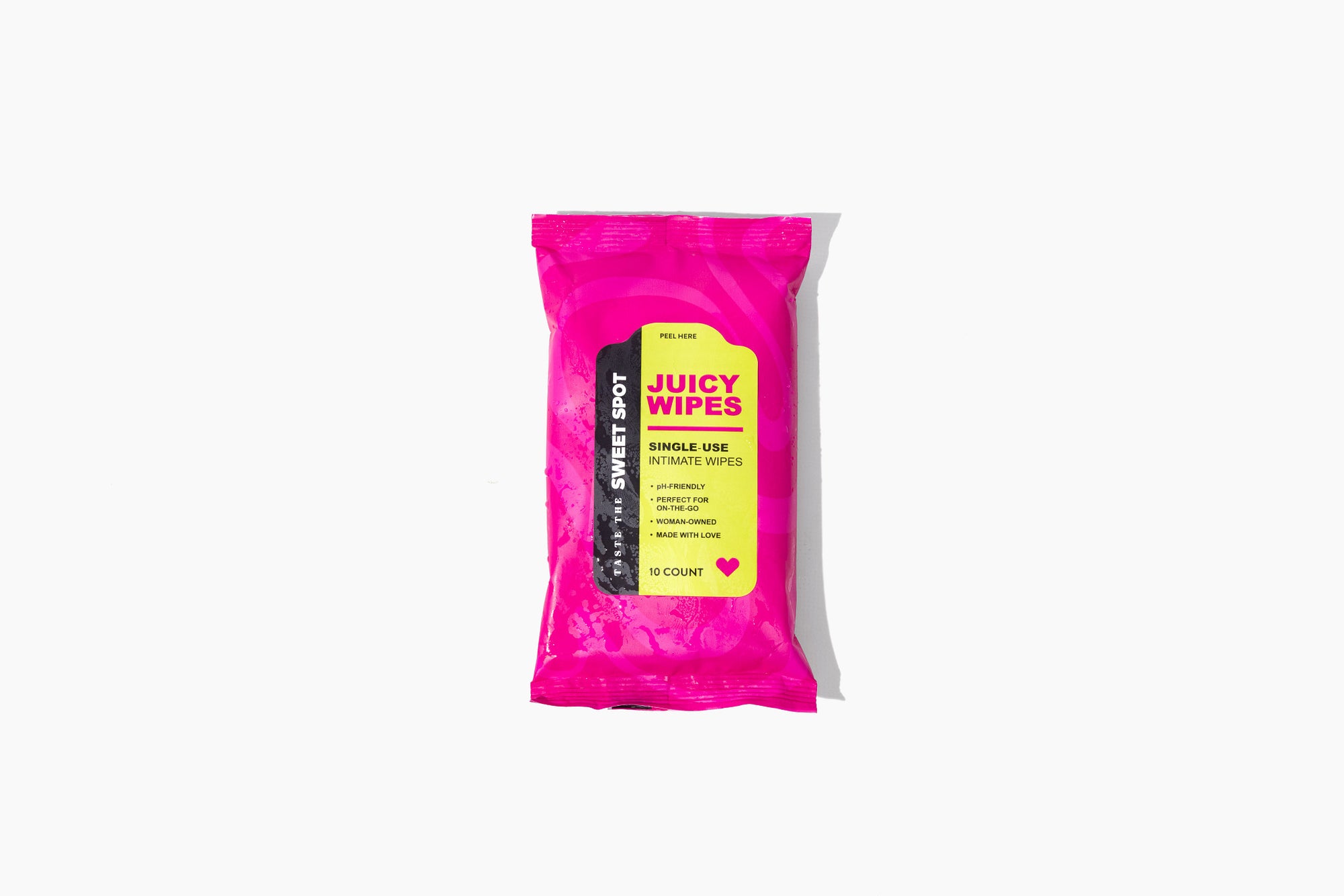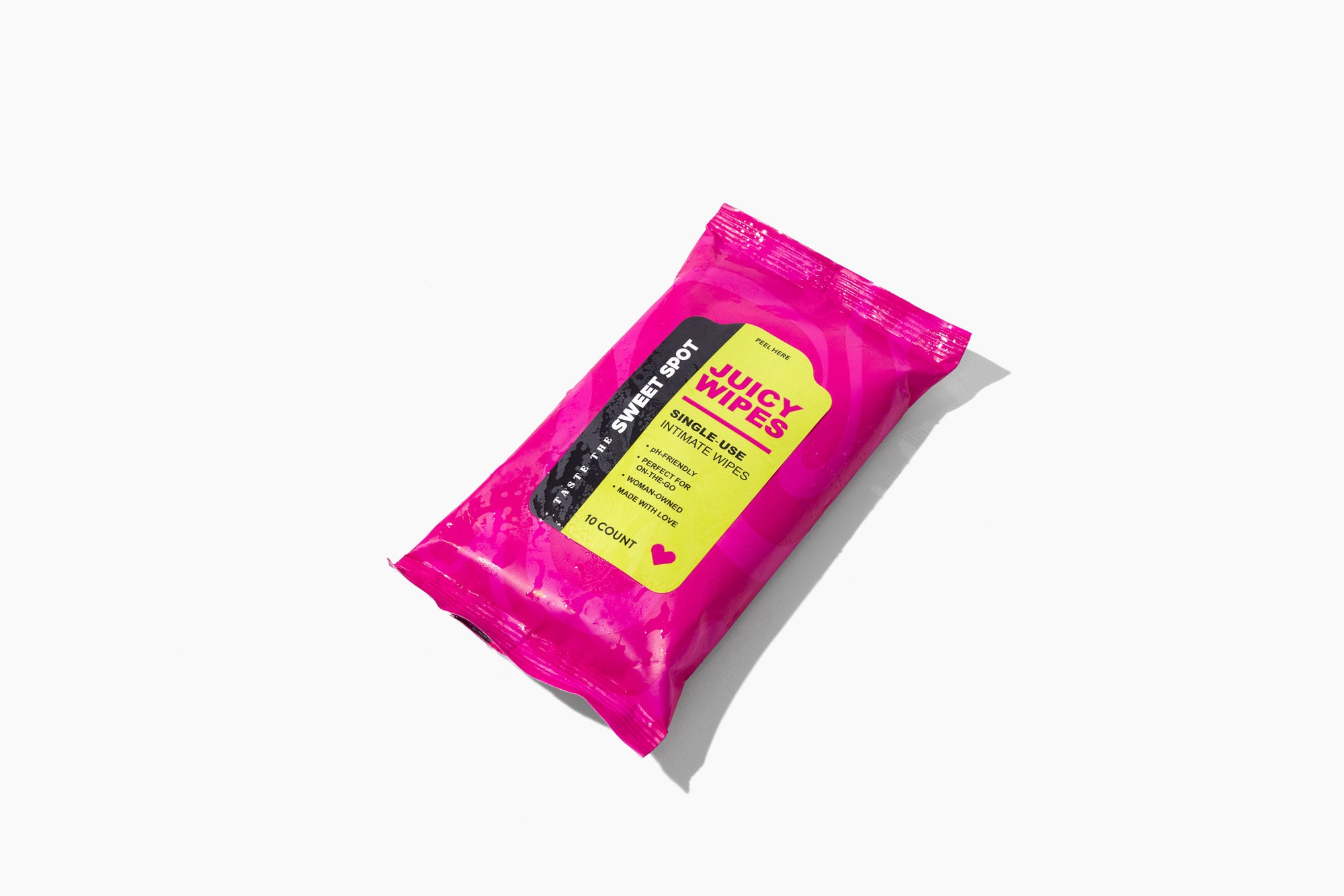

How to Choose the Right Probiotic for Feminine Health – A Doctor-Backed Checklist
When it comes to your feminine health, finding the right probiotics can make a world of difference. With the abundance of options available today, it’s easy to feel overwhelmed. But with a little knowledge and a few key points to focus on, you can confidently select the best probiotic to support your vaginal health.
Here’s a doctor-backed checklist to help guide you through the process of choosing the right probiotic for your feminine well-being.
1. What to Look for on the Label
Choosing the right probiotic starts with knowing what to look for on the label. Not all probiotics are created equal, so it’s important to be mindful of certain details:
Strains Matter
The first thing you’ll want to check is the specific strains of probiotics included. When it comes to vaginal health, not all probiotic strains are effective in promoting a balanced microbiome. Look for strains that are known to support feminine health, such as:
-
Lactobacillus rhamnosus: Helps maintain a healthy vaginal flora and pH.
-
Lactobacillus reuteri: Known for its benefits in both vaginal and digestive health.
-
Lactobacillus crispatus: Supports healthy vaginal pH balance and prevents infections like bacterial vaginosis (BV) and yeast infections.
These strains have been widely researched and are often recommended by healthcare professionals for feminine health.
CFU Count (Colony Forming Units)
The CFU count indicates the number of live bacteria in a probiotic supplement. For optimal vaginal health, aim for a probiotic with at least 1 billion CFUs per dose. While more isn’t always better, a higher CFU count can be beneficial in restoring and maintaining a healthy vaginal microbiome.
2. Delivery Method: Pills, Vaginal Inserts, or Powder?
When it comes to how you take your probiotics, there are several delivery methods to consider:
Capsules or Tablets
Capsules are the most common and convenient form of probiotics. They’re easy to swallow, travel well, and don’t require refrigeration. Just make sure they’re delayed-release capsules—this ensures that the probiotics make it to your intestines, where they’re most effective.
Vaginal Inserts
For some women, particularly those dealing with recurrent yeast infections or BV, vaginal probiotic inserts might be a better option. These probiotics are specifically designed to target the vaginal area directly, helping to replenish the beneficial bacteria in the vaginal microbiome and restore balance.
Powder or Liquid
Probiotics in powdered or liquid form are typically mixed into water or smoothies. This method might be ideal if you prefer to avoid swallowing pills or have difficulty with capsules. Just ensure that you follow the correct dosage instructions for effectiveness.
3. Ingredients to Avoid
Not all ingredients in probiotics are created equal, and some can even do more harm than good. Here are some ingredients you’ll want to steer clear of:
Artificial Fillers and Additives
Many probiotic supplements contain fillers like artificial colors, sweeteners, and preservatives. These can interfere with the effectiveness of the probiotic and could even upset your digestive system. Opt for supplements that list minimal, clean ingredients.
Unnecessary Sugars
Some probiotic products, particularly those in chewable form, may contain added sugars. Excess sugar can feed harmful bacteria in your gut, leading to an imbalance that probiotics are meant to fix. Look for sugar-free options or those sweetened with natural alternatives like stevia or monk fruit.
Low-Quality Probiotic Strains
Be cautious of probiotics that don’t specify the strains used or fail to mention the CFU count. If the label doesn’t include detailed information on the specific strains and their effectiveness, it’s best to choose a different product.
4. Check for Quality and Safety Certifications
Not all supplements are created equal in terms of quality and safety. Look for products that have been third-party tested for purity, potency, and safety. Certifications like GMP (Good Manufacturing Practice) ensure that the product meets high-quality standards during production.
Additionally, some probiotic brands offer vegan, non-GMO, and gluten-free options, which may be important if you have specific dietary preferences or restrictions.
5. When to Talk to Your Doctor
If you’re new to taking probiotics, or if you have an existing condition like a chronic infection, it’s always best to consult with your doctor first. They can guide you in choosing the right product for your needs and ensure you’re getting the best possible support for your feminine health.
Finding the Best Probiotic for Vaginal Health
Choosing the right probiotic for feminine health doesn’t have to be a daunting task. By looking for the right strains, checking the delivery method, and avoiding unnecessary additives, you can easily find a product that works for you. And remember, always check the label for quality and talk to your doctor to ensure you’re making the right choice for your health.
Your vaginal health is important, and with the right probiotic, you can support your microbiome and feel your best, naturally.
Looking to boost your feminine wellness?
Explore high-quality probiotics designed specifically for women and see how they can support your health from the inside out.



